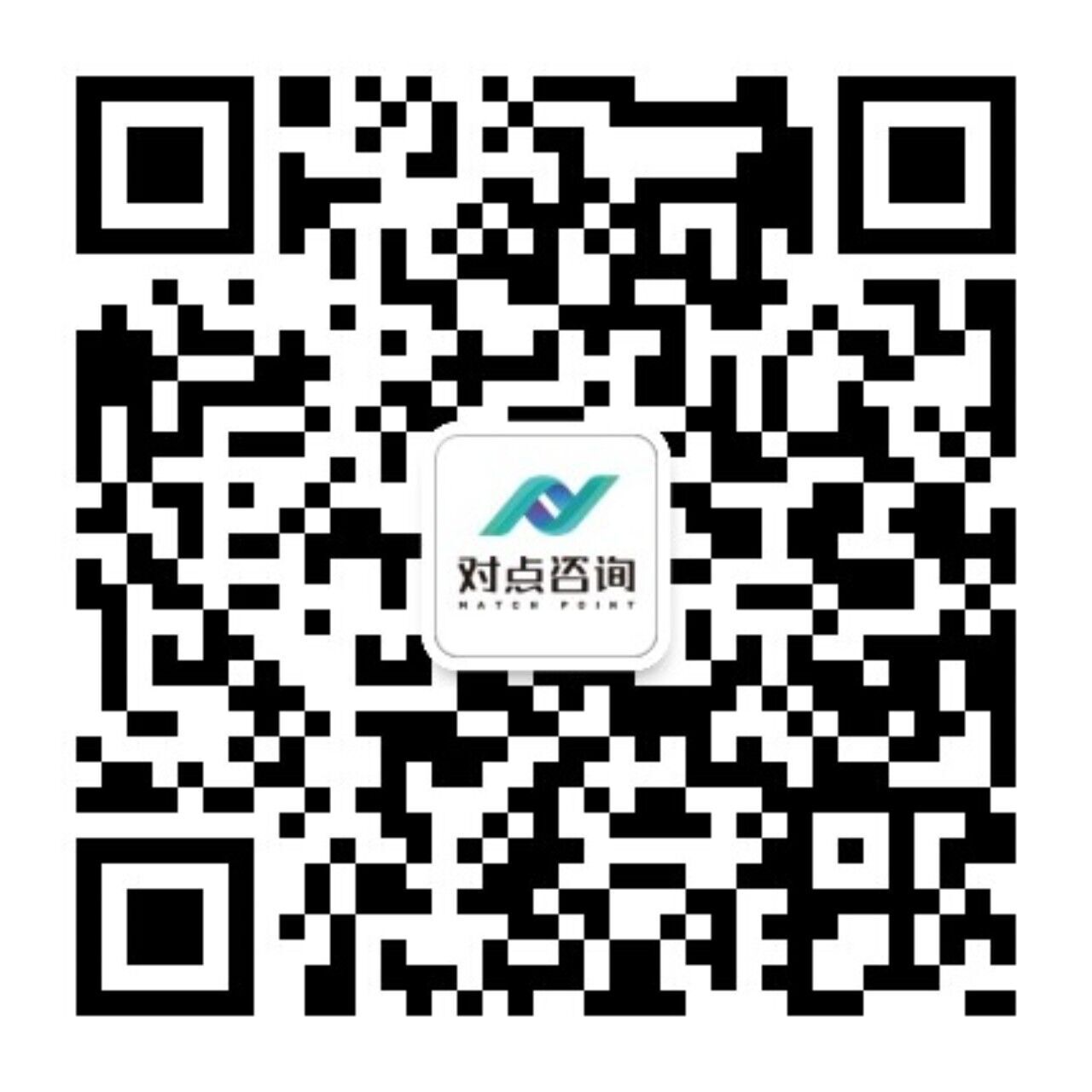Thailand, located at the heart of ASEAN, boasts a significant geographical advantage, overall social stability, high policy transparency, and a high degree of trade liberalization. It has an open and inclusive business environment and is the second-largest economy in ASEAN. Thai products enjoy zero tariffs in ASEAN countries and have strong radiating capabilities to neighboring countries.
Currently, China-Thailand economic and trade cooperation is entering a new period of opportunity. In 2022, the total trade volume between China and Thailand reached 135 billion USD, with China being the largest trading partner of Thailand for the 10th consecutive year; China's investment in Thailand was 1.27 billion USD, making it the largest source of foreign investment in Thailand. In 2023, the acceleration of negotiations for the China-ASEAN Free Trade Area 3.0 and the full implementation of the Regional Comprehensive Economic Partnership Agreement (RCEP) are further unleashing the dividends of cooperation under multilateral frameworks. The quantity and quality of Chinese enterprises' investment in Thailand are rising, with more and more Chinese enterprises going to Thailand for investment and factory establishment, and China-Thailand economic and trade cooperation is expected to reach a new climax.
How can Chinese enterprises efficiently and compliantly expand to Thailand? Today, the Match Point overseas business team brings the latest observations report on Chinese enterprises going overseas to Thailand, providing a reference for enterprises expanding to Thailand.
Overseas Market Observation on Chinese Enterprises Expanding to Thailand
Regional Overview
Thailand is located in the central part of the Indochina Peninsula, bordering the Pacific Ocean to the southeast. It faces the Gulf of Thailand of the Pacific Ocean in the southeast and the Andaman Sea of the Indian Ocean in the southwest. It borders Myanmar in the west and northwest, Laos in the northeast, Cambodia in the east, and Malaysia in the south. As of the end of 2022, Thailand's total population is about 66.09 million people, with the working-age population accounting for about 69%. The Chinese population accounts for about 12%-14%, most of whom live in Bangkok, Chiang Mai, Phuket, and other places. The official languages are Thai and English. Each region has its own dialect, with the dialect of the central Bangkok area as the standard language. Teochew, Hainanese, and Cantonese are more commonly used among Thai Chinese, in addition to Malay and Khmer.

Country Overview: Thailand
Official Name: The Kingdom of Thailand
English: The Kingdom of Thailand
ISO Country Code: THA
Capital: Bangkok
Currency: Thai Baht
Language: Thai
International Telephone Area Code: +66
Domain Suffix: .th
Economic Situation
Thailand is an important economy in the Southeast Asian region, implementing a free economic policy. It is an export-oriented economy, relying on external markets such as China, the United States, and Japan. Thailand is China's fourth-largest trading partner in ASEAN, the fourth-largest export market, and the fourth-largest import source. In 2023, China became Thailand's largest trading partner for the 11th consecutive year, continuing to be the largest import source, the second-largest export market, and the largest agricultural product export market in Thailand.
Thailand's Gross Domestic Product (GDP) is 495.34 billion USD, with a growth rate of 2.6. It ranks among the top in Southeast Asian countries. The country's economic activities mainly include manufacturing, agriculture, services, and tourism. The economy experienced a recession due to the COVID-19 pandemic in 2020 but gradually recovered after 2021. As of December 2023, Moody's, an international rating agency, rated Thailand's sovereign credit rating as Baa1, with a positive outlook.
Investment Environment
Thailand's competitive advantages include: overall social and economic stability, friendliness towards China; potential consumer market; obvious geographical advantage, located in the geographical center of Southeast Asia; high degree of trade liberalization, and relatively stable and continuous investment policies; national foreign exchange reserves exceeding 200 billion USD, an open capital market, and high flexibility in financing.
According to the World Bank's "2020 Global Business Environment Index Ranking," Thailand ranks 21st among all 190 economies. The World Intellectual Property Organization's "2023 Global Innovation Index" shows that among 132 countries and regions, Thailand's comprehensive index ranks 43rd.
Industries that Thailand Encourages Chinese Enterprises to Invest in at Present
Electric Vehicle Industry
In recent years, Thailand's automotive industry has achieved significant development. In 2020, Thailand's vehicle production exceeded 1.4 million units, accounting for 50.1% of the total production of ASEAN countries. Thailand's superior location in the center of the Indochina Peninsula also facilitates the export of automobiles by sea, and Thailand's automotive industry has abundant labor resources and a complete production chain, which is an industry that the government strongly supports.
According to Thailand's plan, by 2030, 30% of the vehicles produced in Thailand will be zero-emission electric vehicles (ZEV). The Board of Investment (BOI) provides tax incentives, convenience for foreign employees, land ownership, and unrestricted foreign exchange for investment projects in the automotive industry. Thailand's new five-year investment promotion strategy also covers the supply chain of the electric vehicle industry. According to BOI statistics, in the first half of 2023, foreign investment in the electric vehicle (EV) supply chain increased by 141% year-on-year compared to 2022.
Medical Device Industry
The medical device industry is one of the industries with the most development potential in Thailand. In 2020, Thailand's medical device import and export trade volume reached 19.93 billion USD, making it the largest medical device exporter in ASEAN.
Due to issues such as an aging population and an increasing incidence of infectious diseases in Thailand, there is a high demand for modern high-tech medical equipment, and market demand has driven the industry's rapid development. The medical device industry is also a key incentive project of the BOI, enjoying a series of investment facilitation benefits.
Electronic Information Industry
The electronic information industry is an important pillar industry of Thailand's economy. In 2020, Thailand's export volume of electrical products reached 34 billion USD. The electronic information industry in Thailand has a large market demand, a complete and stable supply chain, and abundant human resources. Investment projects related to this industry generally enjoy corporate income tax exemptions for 3 to 8 years.
Digital Economy
Developing the digital economy is one of Thailand's national strategies. Thailand has formulated multiple short-term and long-term plans for the development of the digital economy. By 2027, the digital economy industry is expected to account for 25% of Thailand's GDP.
Thailand is the first country in ASEAN to establish 5G infrastructure, and companies such as Tencent and Huawei have also established data centers in Thailand. Amazon's cloud computing division, a US tech giant, will complete a 5 billion USD investment project in Thailand in the next few years, and Thailand's digital economy industry has considerable development potential.
Suggestions for Chinese Enterprises Expanding to Thailand
1. Thoroughly understand Thai laws and regulations and operate legally
Understand and comply with local laws, regulations, and policy provisions to operate legally. When necessary, hire professional lawyers or consulting firms to assist with legal, financial, labor, tax, and other issues before and after investment. For example, Thailand implements a registration system for domestic corporate persons engaged in the construction industry. The "1999 Foreign Business Act" of Thailand stipulates that the construction service industry is not open to foreigners. Foreign investors engaged in the construction industry must establish a joint venture with local companies, with the local company holding control (more than 51% of the shares).
2. Understand Thailand's natural conditions and social and cultural environment
Pay attention to the impact of natural conditions and social and cultural factors on many projects. For example, there are many holidays in Thailand; the rainy season in Thailand (usually from June to October each year) makes construction difficult, which significantly affects construction projects; most Thai people are gentle in temperament and pay attention to etiquette, but their work efficiency is relatively low, and many things are delayed and unresolved, etc.
Understand and respect Thai social and cultural customs, and strive for localized management. Strengthen communication with employees, hold regular discussions with trade union organizations, and keep abreast of employee dynamics.
3. Choose partners cautiously
Find out the background of the partner and choose partners with good reputation, strong strength, good cooperation, and responsibility. Pay attention to fully understanding the background of the partner, and when necessary, consult the Chinese embassy or consulate in Thailand before signing a binding contract.
4. Handle relations with the government and parliament well
Maintain good communication with government officials and members of all parties, and avoid getting involved in political disputes. At the same time, set reasonable expectations for local administrative efficiency. The local project approval process is complicated, and the cycle is long. Prepare adequately in terms of time and manpower for the implementation of large projects.
Currently, the Match Point overseas business team has assisted numerous Chinese enterprises in their expansion to Thailand, completing the establishment of compliant business teams and the recruitment of key talents, accompanying our clients in their growth journey.
Leveraging over a decade of professional expertise and experience serving more than 2000 clients, the Match Point overseas business team has successfully recruited key positions for industries such as manufacturing, automotive, and consumer goods, including country or regional business leaders, overseas marketing, overseas SQE, project management, government and public relations, sales and quality directors, and HRBP, covering regions like Southeast Asia, the Commonwealth of Independent States, Europe and America, and Africa. With professional services and an efficient recruitment process, we have earned the trust and high praise of many clients.
In the future, we will continue to be committed to helping Chinese enterprises accelerate their integration into the global value chain, empowering Chinese enterprises to go global, and accompanying businesses in their growth.
We are dedicated to becoming the closest and most trusted human resource partner in the globalization strategy of enterprises! We recruit high-caliber talents for enterprises around the world with precision, build and improve R&D, production, and sales teams, and establish compliant and legal functional teams, ensuring that the operations of enterprises in different countries comply with local laws and regulations while being able to work efficiently and collaboratively to promote continuous business development. We help enterprises establish and enhance their employer brand in overseas markets, attract outstanding talents, promote the integration of different cultures, and jointly drive the innovation and growth of enterprises.
Main Business and Advantageous Functions
Team Main Business
■ Overseas assignment of Chinese employees
■ Hiring foreign employees for overseas factories/offices established by Chinese enterprises
■ Foreign employees coming to China
Team Advantageous Functions
■ Marketing - Country head, sales head, product, channel, etc.
■ Production and operations - Equipment, quality, production, procurement, logistics, etc.
■ Functional - HR, legal, finance, etc.






 浙公网安备 33010602012527号
浙公网安备 33010602012527号
